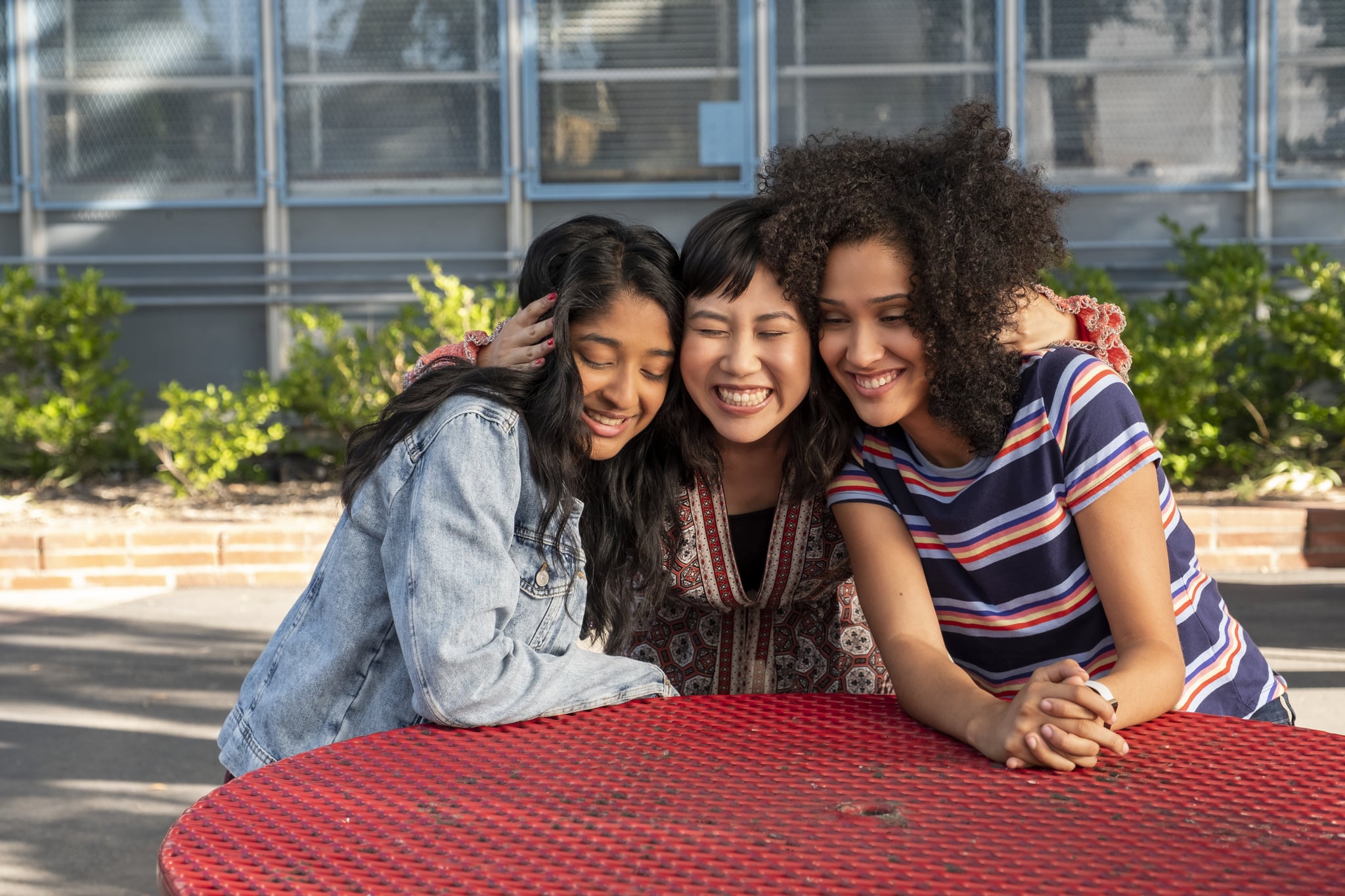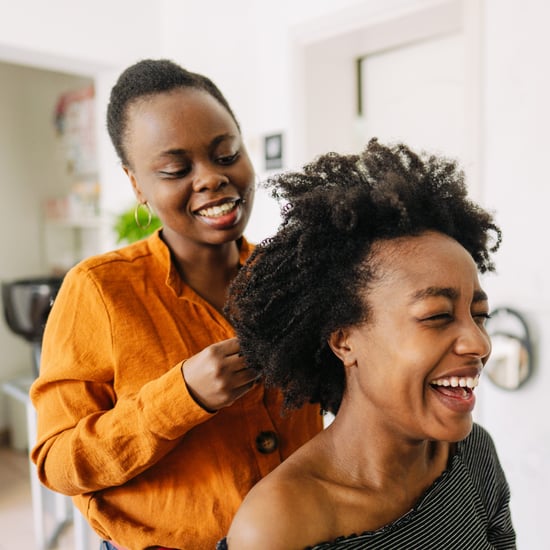Why I Wish Never Have I Ever Was Around When I Was Younger
As a Tamil American, I Wish Never Have I Ever Was Around When I Was Younger

When I was in fifth grade, there was this boy who wouldn't stop asking me about India. Every day, he'd appear with a new question: Had I ever ridden an auto rickshaw? Did I love samosas? What was pani puri? I never gave him any answers. I was so offended by his questions that I gathered my friends to plot a prank against him (a prank involving a pen cap, which, long story short, did not succeed).
As one of few Indians in a predominantly white school, I was afraid that he was making fun of me. I was afraid that he was joking, and that he'd start laughing at me with his friends if I answered his questions. I liked auto rickshaws. I didn't want him to laugh about it.
It wasn't that this boy had ever said anything bad to me about Indian culture, but he treated it as foreign, unique, something to draw attention to. To a ten-year-old whose greatest fear was not fitting in, this boy was a nightmare.
Devi's culture isn't a plotline, or an obstacle to overcome; it's in the details that populate the show.
Part of my insecurity toward my culture stemmed from bad experiences with other students. I wasn't afraid of being told my culture was bad — I was afraid of thinking it was different. When one of my first friends at school told me that I was smelly because I was Indian, I knew not to believe her. But when one of my closest friends told me it was weird that I put chips (appalam, in Tamil) in my rice, it stuck with me.
But part of my insecurity stemmed from the fact that curiosity toward my culture — or any other culture — had never, in my experience, been positive. If there had been a show like Never Have I Ever, whose character was so deeply rooted in her culture, maybe I would've felt differently. Maybe if I'd seen moms who called their kids kanna on television, I would've known that my white classmates were seeing the same thing. If I'd known that people around me were exposed to a language I spoke, foods I ate, or traditions I followed, I wouldn't have been as afraid to talk about them.
What I appreciate about the show created by Mindy Kaling is the way in which it folds Indian culture into the narrative. Devi (played by Maitreyi Ramakrishnan) is such a drama queen that her Indian culture is actually one of the most normal things about her. The second season largely embraces Devi's unrealistic and hilarious antics that defined the first season — but what makes it compelling are the cultural details, which root the show in the real world.
Devi's culture isn't a plotline, or an obstacle to overcome; it's in the details that populate the show. When Devi yells at her mother at the dinner table, she's eating chana masala. When Devi's mother scolds her for disrespecting elders, she uses Tamil. The cultural details feel so real that, for a moment, I can put aside my disbelief that a nerdy high school sophomore would straight-up ask the most popular guy in school to have sex.
Putting aside that if Never Have I Ever had existed ten years ago and I was in middle school, I would never have been allowed to watch it because it references sex, I still wish a show like it had existed — like a security blanket, to make my younger self less afraid.








